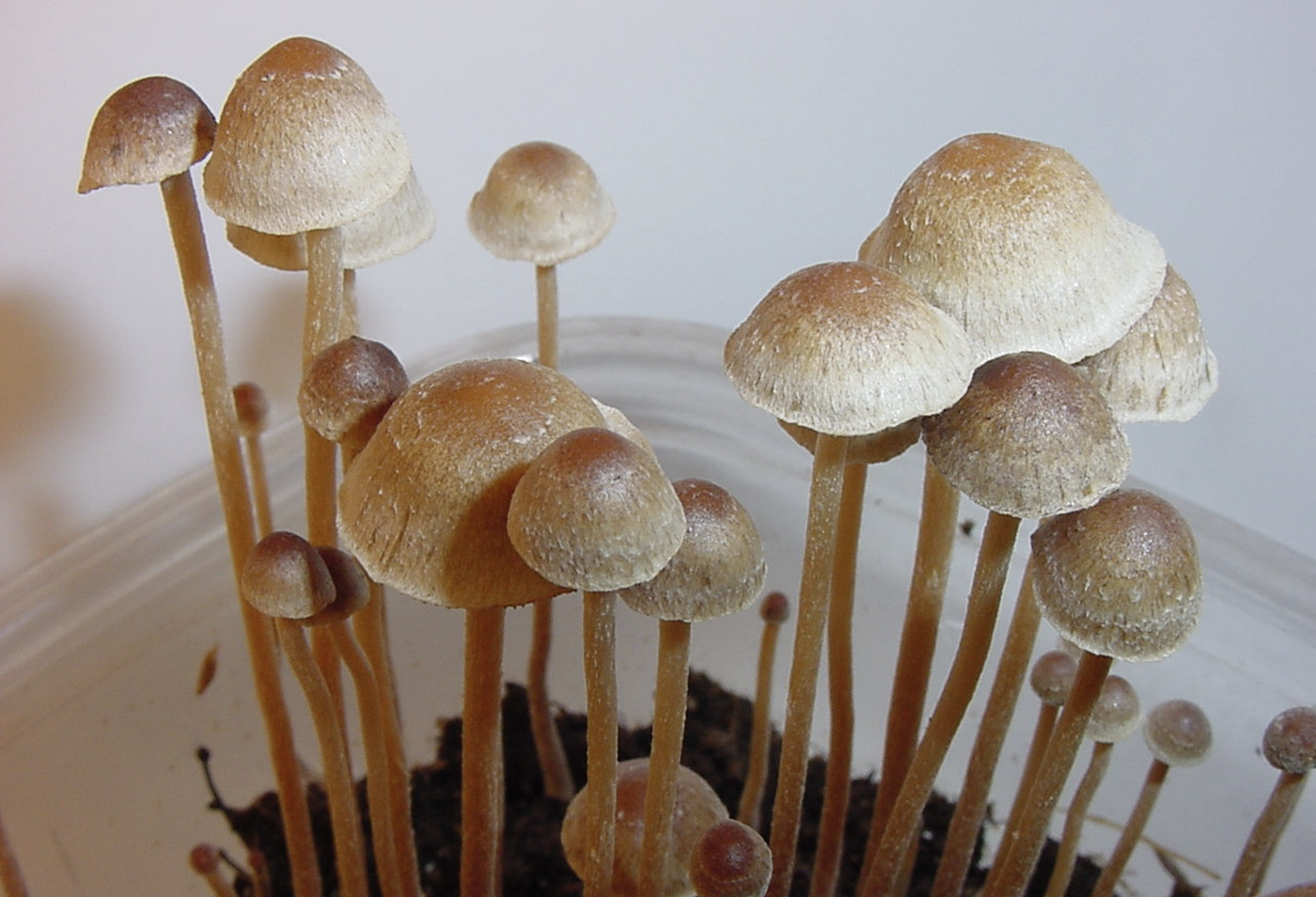Officials in Denver are actively considering how the city will host and oversee psilocybin businesses, after Colorado voted in 2022 to legalize possession and regulate therapeutic use.
The city’s Department of Excise and Licenses is creating a working group to study how to open psilocybin sites, and inviting Denver residents to join in on the meetings. The deadline to apply is March 13.
“We are excited that Denver can lead the way.”
“It’s time for action, we are ready to start moving,” Molly Duplechian, executive director of the department, told local NBC 9 News. “We are excited that Denver can lead the way, and I think we are just excited to learn obviously there is a lot of interest in this and we have a lot to figure out.”
Psilocybin business licenses will be granted by the state, rather than the city. Cultivators, manufacturers, testing labs and the “healing centers” that will offer regulated access are expected to start receiving licenses in mid-2025. Cities also cannot ban healing centers within their limits.
But cities will have authority over where healing centers can operate and how. And they can decide if they will allow cultivator, manufacturer or testing businesses within their limits.
“This workgroup is being formed to determine whether or not additional regulations or even licenses may be necessary to support the state’s program,” advocate Kevin Matthews told Filter. As the coalition director for Natural Medicine Colorado, an organization which got Proposition 122 (the Natural Medicine Health Act) on the ballot in 2022, Matthews confirmed he’ll be in contact with Duplechian as Denver’s process unfolds.
“What happens is this workgroup will meet over a period of four months, once per month,” he continued, “and at the end will make additional recommendations if any to the mayor’s office and if needed submit something to the City Council to vote on.”
Denver put itself at the forefront of psilocybin reform in 2019, when it became the first city in the United States to decriminalize mushrooms, ending arrests for low-level possession. But now it can go much further.
By approving Prop 122 in 2022, Colorado voted to decriminalize a whole category of naturally occurring psychedelic substances—with no limit on personal possession of psilocybin mushrooms, ibogaine, mescaline or DMT for adults over 21, although public consumption or underage possession will carry a $100 fine. The measure also legalized home-grow, in a private and enclosed area, of the plants and fungi containing the psychedelic substances.
The Natural Medicine Health Act also created a timeline for the state government to license and regulate psychedelic businesses. These will almost certainly not include dispensaries. Instead, people seeking regulated psychedelics in Colorado will need to go to a facility to consume the drugs on site, under trained supervision.
This emulates Oregon, which pioneered such a model after approving it in 2020. There, any adult over 21 can pay to visit a “psilocybin service center” and sit in a private room with a “facilitator” during their trip. Depending on the provider, the total cost of this package can range from several hundred to several thousand dollars.
“It’s really cool to see how much Denver has been expressing an interest for the city to get this right and make the program as accessible as possible.”
The prospect of prices denying many people access is something that should concern Colorado regulators.
A newly created Natural Medicine Advisory Board has been holding meetings since 2023 to determine what Colorado’s rules and regulations should look like. It will report to a Division of Natural Medicine, also newly created, which will decide whether to approve the board’s recommendations. By December 31, the division must begin accepting and reviewing license applications from prospective psilocybin businesses. The first approvals will likely come several months later.
“It’s really cool to see how much [Denver] has been paying attention to the statewide process, the Natural Medicine Advisory Board and listening in on those meetings,” Matthews said, “and at the same time expressing an interest for the city to get this right and make the program as accessible as possible to Denver residents who could possibly benefit from psilocybin services.”
The impacts for the city could be quite profound, if cannabis is anything to go by. Denver opened some of the nation’s first cannabis dispensaries back in 2014. A decade into legal sales, it’s something of a national weed hub, attracting visitors, businesses and investors. Cannabis sales have brought in a half a billion dollars in tax revenue, and may have helped bring new residents to the city—while also contributing to rising housing costs amid increasing homelessness. The city’s landscape has also physically changed, as cannabis businesses repurposed storefronts and warehouses in previously neglected areas.
“My hope is we’ll have a diversity of healing centers that combine many different modalities into a single location that can provide these services,” Matthews said. “My hope is Denver residents have options and are not limited to one or a handful of locations, but we actually have a number of sites that complement the various communities and neighborhoods across the city.”
Photograph (cropped) by Workman via Wikimedia Commons/Creative Commons 3.0





Show Comments